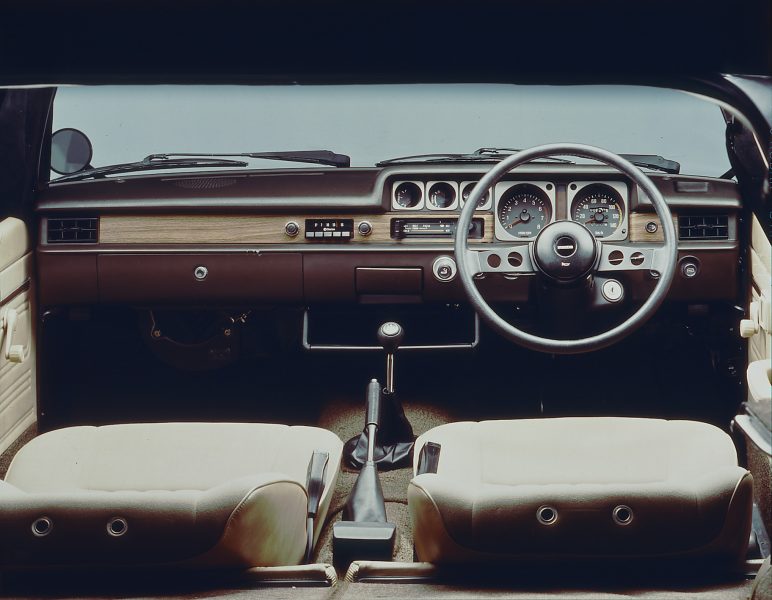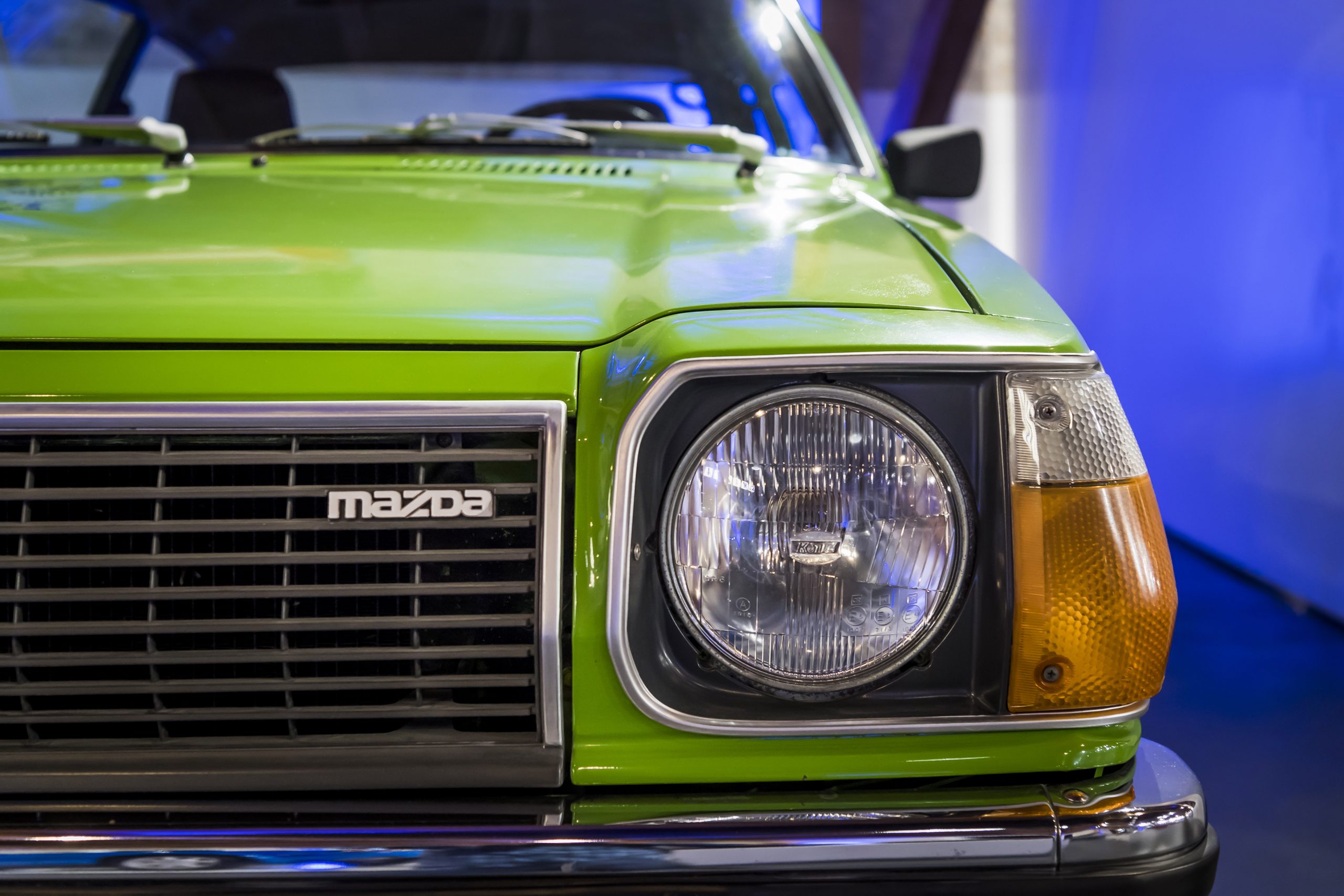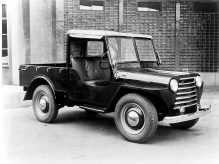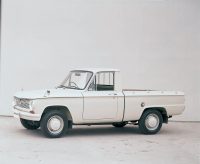Launched in January 1977, the original Mazda 323 was Mazda’s first modern hatchback and the car that started a model lineage that stretches all the way to today’s Mazda3.
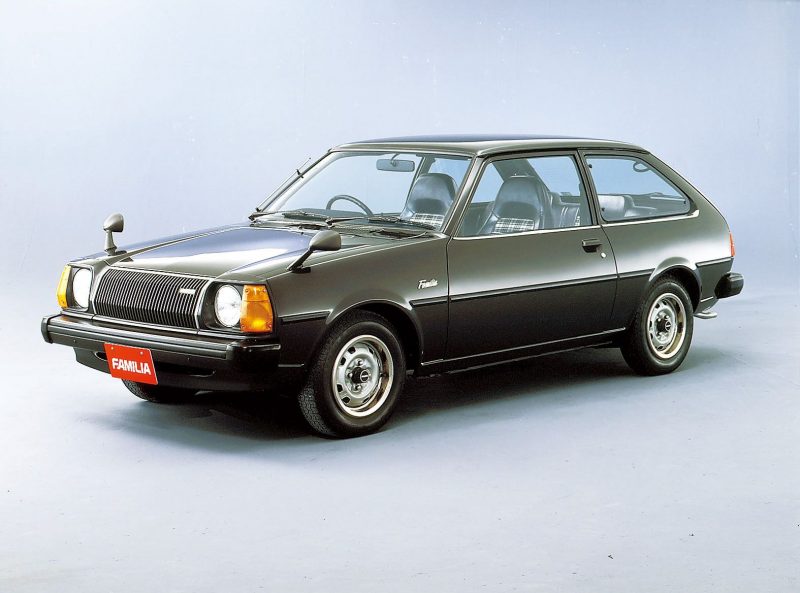
A rear-wheel drive compact family car, the original 323 was a global success for Mazda. Sales of this hatchback continued until 1980 when it was replaced by the next-generation 323, which was Mazda’s first front-wheel drive, front-engine compact hatchback.
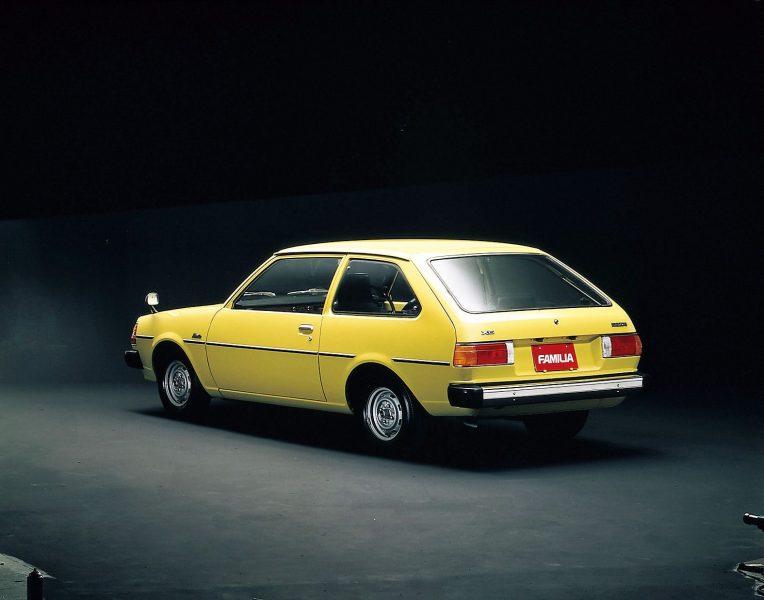
However, called the Mazda Famila in Japan and the Mazda GLC ( for Great Little Car) in North America, the first-generation Mazda 323 was a seminal car for Mazda. The hatchback was offered with a choice of three or five-door bodies, while a station wagon/estate version was introduced in 1978.
Globally, three petrol engines were offered: initially a 985cc or 1,272cc petrol and from 1978 a 1,415cc. Over 890,000 examples were sold in three years of full production and in 1979 it underwent an update where its round headlamps were replaced with square headlights, and other changes included the introduction of a five-speed gearbox.
Introduced in the UK in 1977, the range consisted of a 1000 three-door, 1300 three-door, 1300 three-door Deluxe and 1300 five-door Deluxe. Deluxe models featured split rear seats and an internal release for the tailgate. In spite of the model naming, to start with all UK cars featured the four-cylinder 1,272cc 1.3-litre engine, which produced 90bhp. A four-speed manual gearbox was standard with the option of a three-speed automatic.
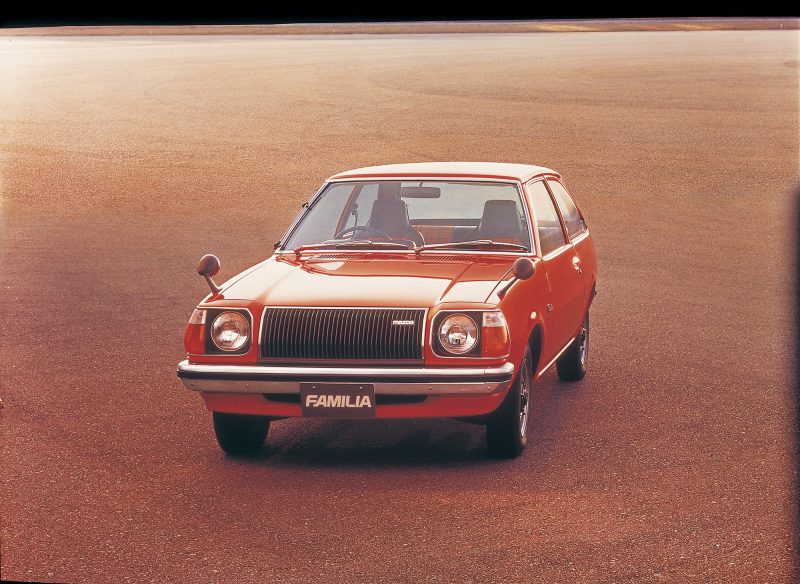
The rear-driven 323 featured disc front brakes with drums on the rear and, as was common in the seventies, recirculating ball steering. And with no power-assistance, even with the small by modern standards 13-inch wheels, low-speed parking required some physical input.
By 1979 the UK spec Mazda 323 SP 1.4 featured the larger 1,415cc engine, which produced 69bhp. By the end of the seventies the rear-wheel drive 323 hatchback sat in Mazda’s UK dealerships alongside the Montrose (626) saloon, the 818 saloon, the 616 saloon and the 929 saloon, plus the newly launched RX-7 sports car.
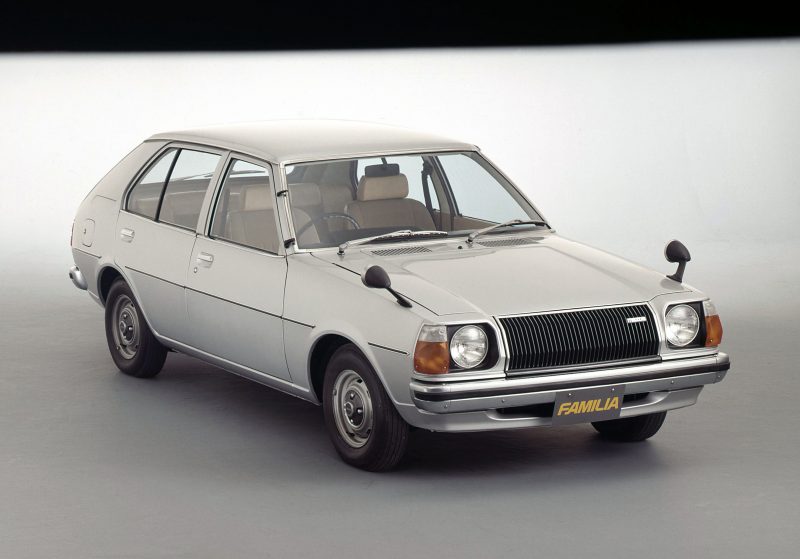
However, while its hatchback body style was still not that common, the original rear-wheel drive 323 was a pioneer that came along just as the late seventies and early eighties saw a boom in hatchback popularity in Europe. A popularity that continues to this day, so 42 years since its launch, the original Mazda 323 is recognised as an innovator that started a long and successful lineage of 323 and Mazda3 family hatchbacks that have played a big part in Mazda’s success, all the way to today’s World Car Design of the Year winning Mazda3, and its ground-breaking Skyactiv-X engine.
